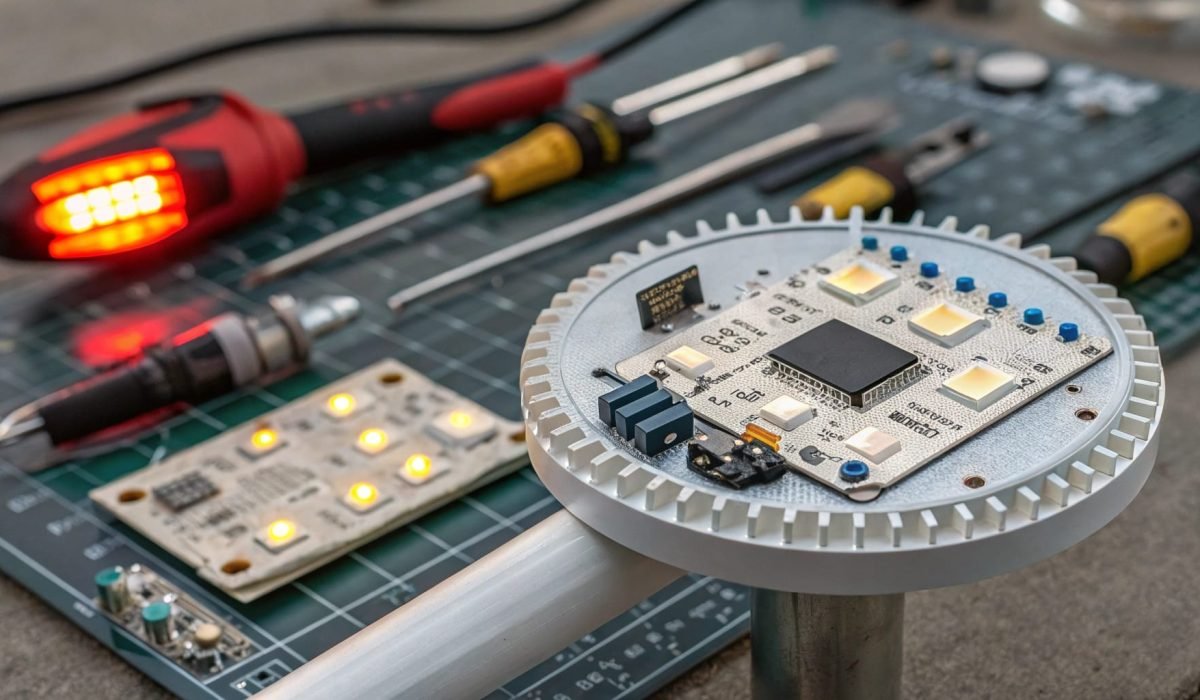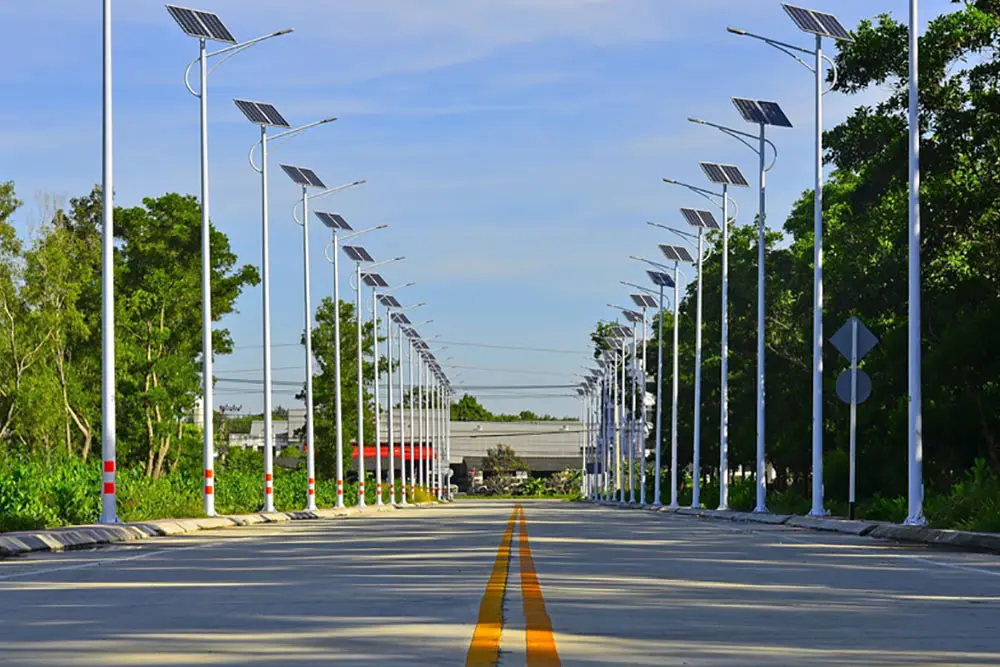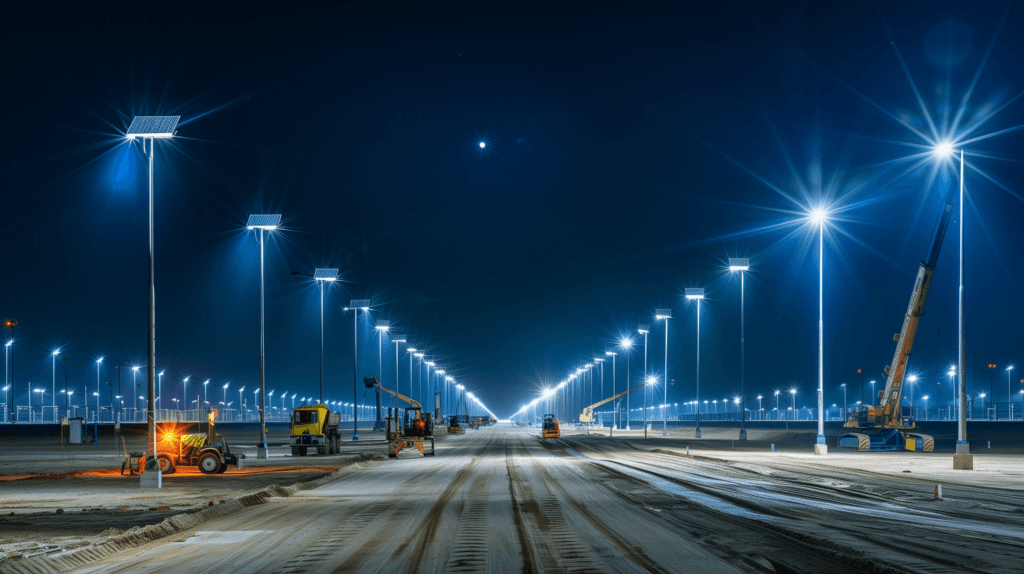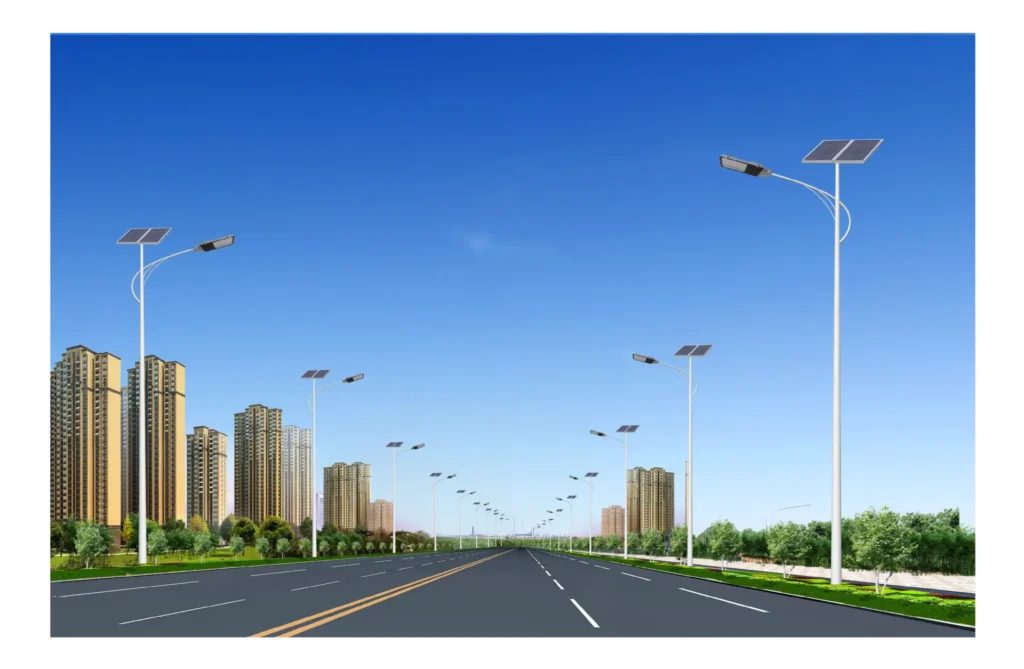In urban and rural development, streetlights are indispensable for road safety, functionality, and aesthetics. However, prices for streetlights can vary widely, ranging from $30 to $200 or more. Understanding the factors that influence these prices can help you make better purchasing decisions for your projects.
The primary factors affecting streetlight prices include the lamp housing, LED driver, LED chips, and additional features like motion sensors or smart controls. Each of these components plays a critical role in determining the cost and performance of the product.
Let’s break down the key components that impact streetlight pricing and what to look for when selecting the right solution.
Why Pay Attention to Street Light Prices?
Streetlight prices are not just numbers on a quote—they represent the value and performance of your investment. Why is this an important consideration?
Paying attention to streetlight prices ensures you balance quality and budget while meeting project standards. It helps avoid overspending while securing products with optimal configurations and durability.
Dive Deeper: Key Reasons to Focus on Pricing
Budget Constraints
Every project operates within a financial limit. Prices determine whether a product is viable, and comparing multiple manufacturers helps identify the best balance of cost and quality.
Meeting Standards
Different regions and projects have specific requirements, from functionality to design. Price ranges often reflect features like weather resistance, smart technology, or brightness levels that align with these standards.
Main Factors Affecting Street Light Prices
Streetlight costs are influenced by their design, internal components, and additional features. Let’s explore the four major factors in detail.
1. Street Light Housing
The housing protects the internal components of the streetlight and determines its lifespan. High-quality housings often use die-cast aluminum, known for durability and heat dissipation.
What Influences Housing Prices?
- Material: Die-cast aluminum is the standard, but some models combine it with other materials like aluminum profiles, impacting costs.
- Design Complexity: Aesthetic housings with intricate designs tend to cost more.
- Weather Resistance: Higher IP ratings (e.g., IP66 or IP67) ensure protection from water and dust but increase costs.
| Feature | Impact on Price |
|---|---|
| Material Used | Durable materials like die-cast aluminum cost more. |
| Design Aesthetics | Custom shapes and colors raise production costs. |
| Weatherproofing | Higher IP ratings require better seals and materials. |
2. LED Driver
The LED driver ensures the lamp operates efficiently and has a long lifespan. It regulates the power supply and supports dimming or smart features.
Popular Driver Types
- Standard Drivers: Cost-effective but limited in features.
- Dimming Drivers: Allow brightness control (e.g., 0-10V dimming, DALI).
- Smart Drivers: Integrated with systems like wireless controls for advanced features.
| Driver Type | Cost Impact | Features |
|---|---|---|
| Standard | Low | Basic performance, no dimming. |
| Dimming | Medium | Brightness adjustment options. |
| Smart | High | Real-time control and monitoring. |
Pro Tip: Select a driver that meets project needs without overpaying for unnecessary features.
3. LED Chips
LED chips determine the brightness, efficiency, and lifespan of the streetlight. High-performance chips have better luminous efficiency, converting more electricity into light.
Common Considerations for LED Chips
- Luminous Efficiency: Higher efficiency (measured in lm/W) ensures brighter output with less energy consumption.
- Longevity: Advanced technology chips last longer and maintain consistent performance over time.
| Metric | Explanation |
|---|---|
| Luminous Efficiency | Measured in lm/W, higher efficiency means better light output for less energy. |
| Lifespan | Chips with advanced technology last longer. |
Pro Tip: Check the efficiency (lm/W) and overall durability of the LED chips to ensure value for money.
4. Other Functions
Additional features enhance functionality but come at a cost. Choose wisely based on the project's specific needs.
Common Features and Their Benefits
- Photocells: Automatically turn lights on/off based on daylight.
- Motion Sensors: Adjust brightness when detecting movement to save energy.
- Smart Systems: Monitor light performance in real time, adjust settings, and receive alerts.
| Feature | Cost Impact | Benefits |
|---|---|---|
| Photocells | Low | Energy savings, automation. |
| Motion Sensors | Medium | Enhanced security, efficiency. |
| Smart Controls | High | Real-time monitoring and control. |
Summary
Streetlight prices depend on several factors, including housing materials, LED drivers, chips, and additional features like smart controls. Here’s a quick recap of the main considerations:
- Housing: Invest in durable materials like die-cast aluminum for longevity.
- LED Drivers: Choose based on project-specific needs like dimming or smart controls.
- LED Chips: Opt for high-efficiency chips for better performance and energy savings.
- Extra Features: Consider automation, motion sensors, or smart systems for added value.
While price is an important factor, it should not compromise quality. By carefully evaluating each component, you can find a balance between cost and performance, ensuring the best results for your project. If you have questions about choosing the right streetlights, feel free to reach out for guidance.





